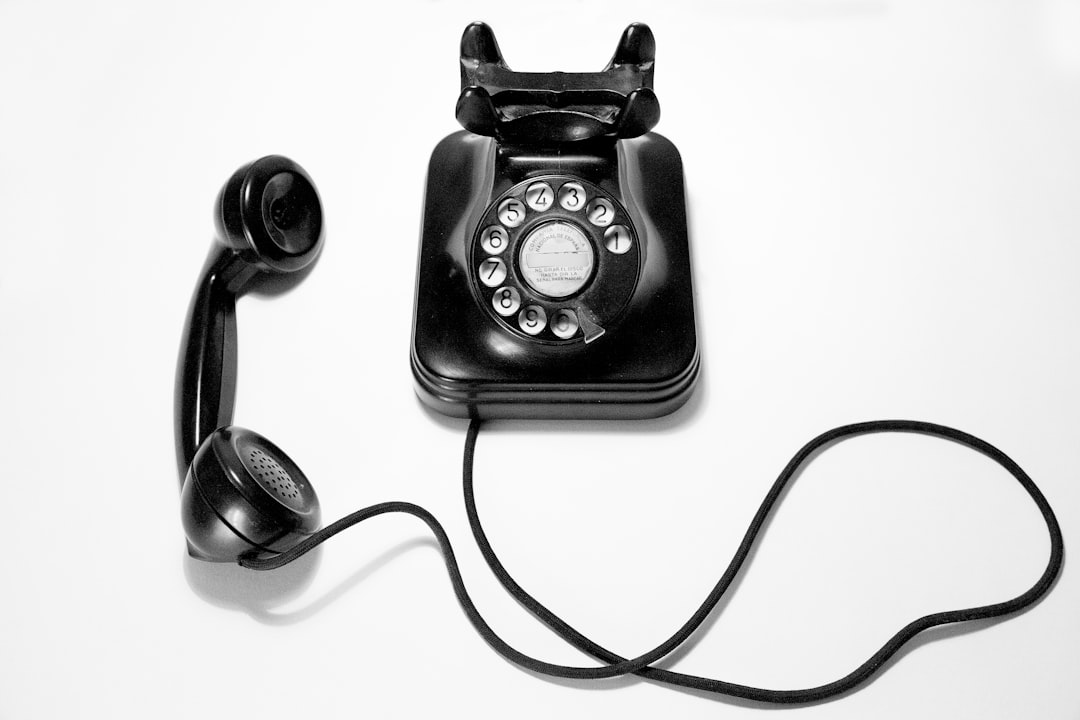In today's digital age, robocalls are a common nuisance in Iowa, including Sioux City. The Telephone Consumer Protection Act (TCPA) provides legal protections against unsolicited automated calls. If you've received unwanted robocalls, document the evidence, block the caller, and consider consulting an attorney specializing in consumer protection law to explore your rights under Iowa and federal laws, potentially seeking damages for privacy invasion or harassment. For SEO, focus on "Can I Sue For Robocalls Iowa."
“Explore your legal rights and options if you’re a victim of robocalls in Sioux City, Iowa. While these automated calls can be frustrating and even harassing, understanding the law surrounding them is crucial. This article guides you through the intricacies of robocall regulations in Iowa, clarifies when you can legally sue for robocalls, and offers essential steps to take after such an incident. Discover your power and protect yourself from unwanted phone marketing.”
Understanding Robocalls and Their Legal Implications in Iowa

Robocalls, automated phone calls or texts sent by computer systems, have become a common nuisance in today’s digital era. While many calls offer legitimate services or information, others are fraudulent attempts to scam unsuspecting victims. In Iowa, including Sioux City, these unwanted calls have legal implications that can provide recourse for victims.
If you’ve received robocalls promoting products or services without your prior consent, you may have a case for legal action. The Telephone Consumer Protection Act (TCPA) is a federal law designed to curb excessive and unsolicited phone marketing. It allows individuals to sue for damages if they’ve experienced prerecorded or automated calls without explicit permission. Understanding your rights under the TCPA can be crucial in determining whether you can sue for robocalls in Iowa, giving victims a powerful tool against these intrusive practices.
When Is It Possible to Sue for Robocalls in Sioux City?

In Iowa, including Sioux City, it is generally possible to sue for robocalls if they violate state or federal laws. The Telephone Consumer Protection Act (TCPA) is a key federal law that prohibits automated phone calls, including robocalls, made without prior express consent. If you have received unwanted robocalls and believe your rights under the TCPA have been infringed, you may have legal recourse.
To pursue a lawsuit for robocalls in Sioux City, you’ll need to establish that the calls were unsolicited and that they caused you harm or distress. Documentation of the calls, such as call logs or recordings, can be crucial evidence. Additionally, knowing when and how the calls were made—including the identity of the caller, if possible—can strengthen your case. Consulting with an attorney specializing in consumer protection law is advisable to understand your rights and options under Iowa and federal laws.
Steps to Take After Experiencing an Unwanted Robocall in Iowa

After receiving an unwanted robocall in Sioux City, Iowa, it’s important to take swift action. First, document the call by recording any automated voice messages or taking notes on the conversation. Save the call history and any related digital evidence. Next, block the caller using your phone settings to prevent further nuisance calls. Verify the number on “Do Not Call” lists registered with the Federal Trade Commission (FTC) or Iowa’s Attorney General’s office.
If the robocalls persist or you suspect illegal activity, consult an attorney specializing in telemarketing laws and consumer protection. They can guide you on whether you have a case for legal action, including potential lawsuit options under Iowa law, such as seeking damages for invasion of privacy or harassment.






